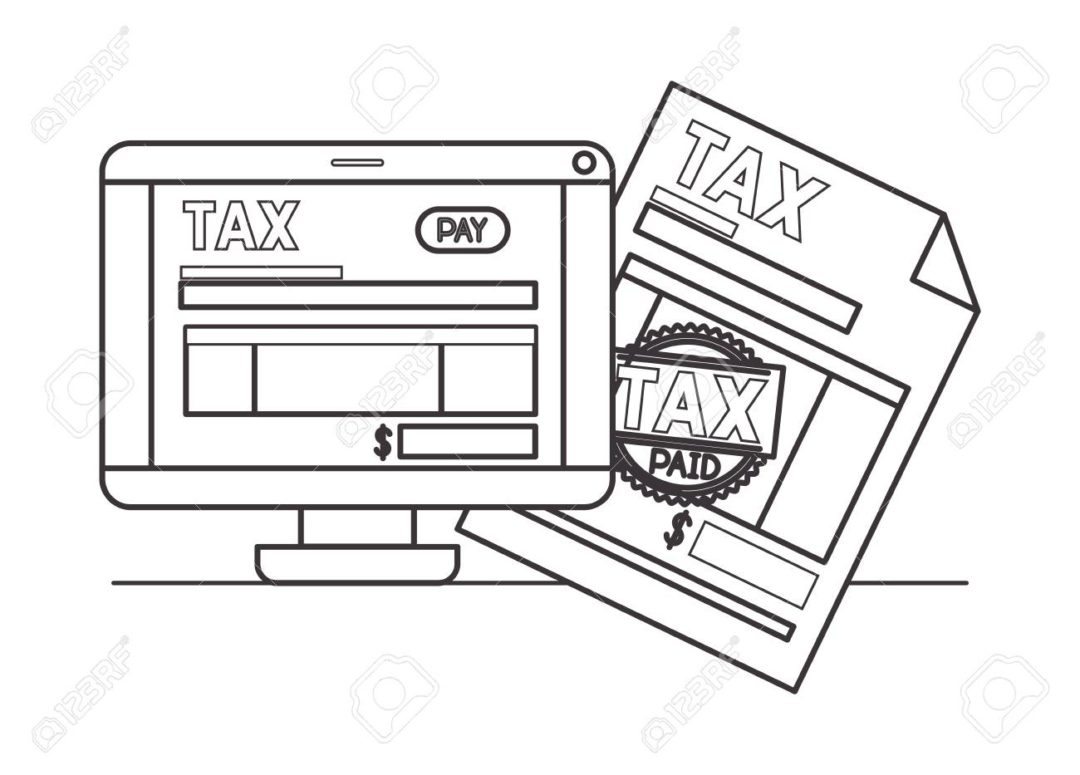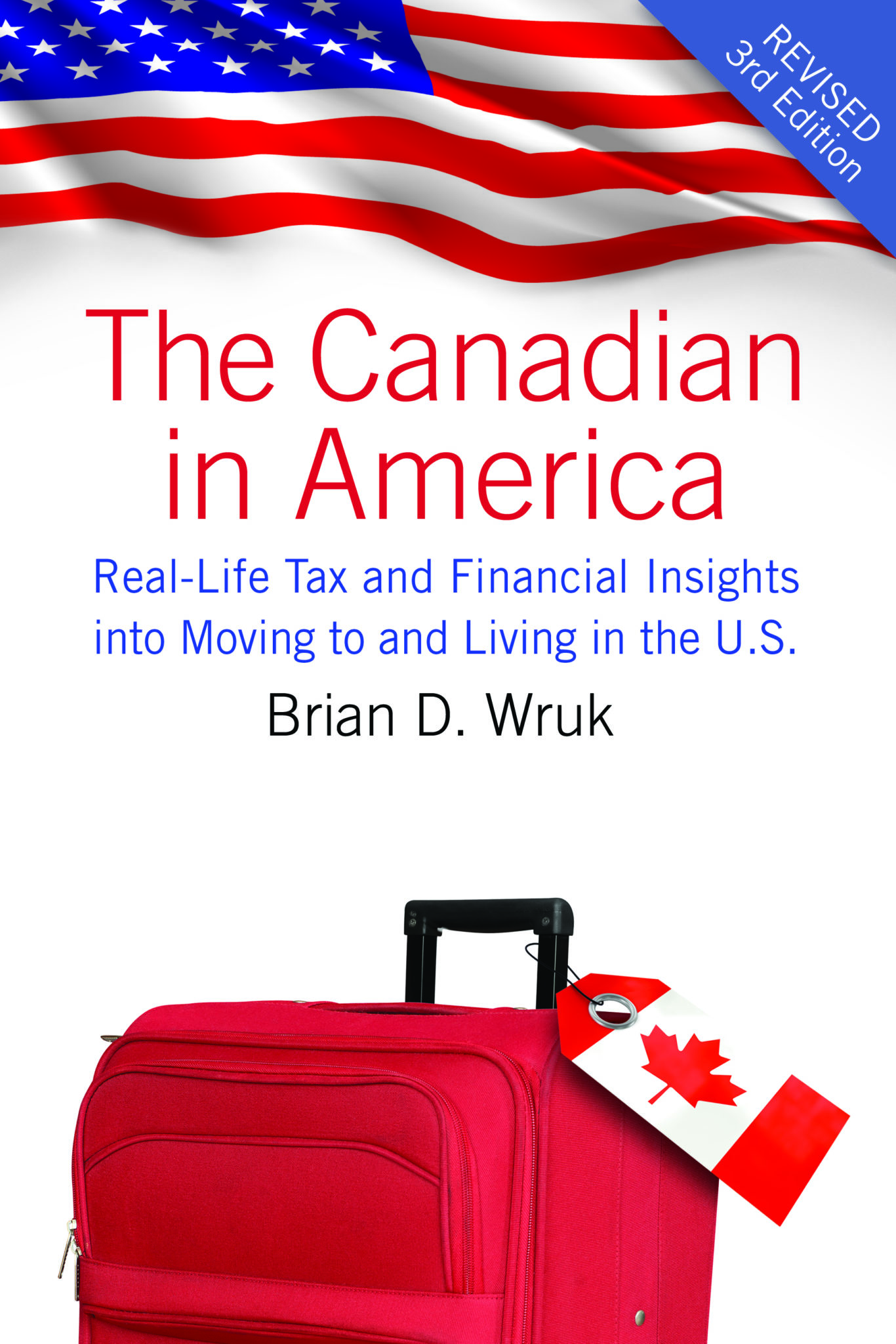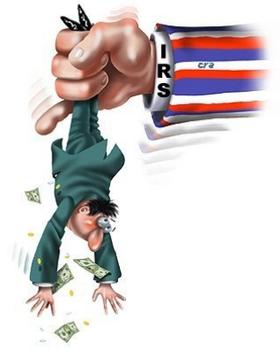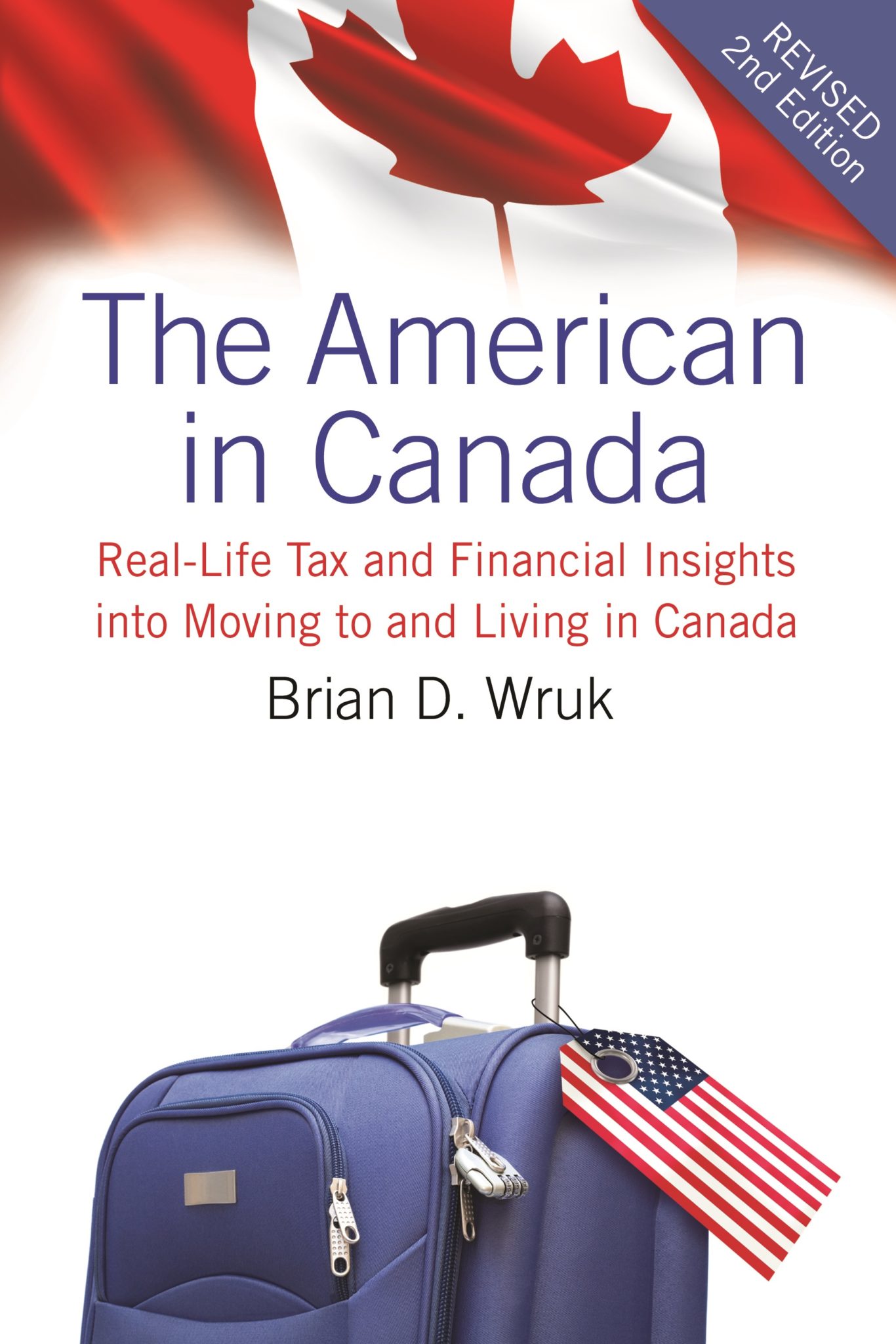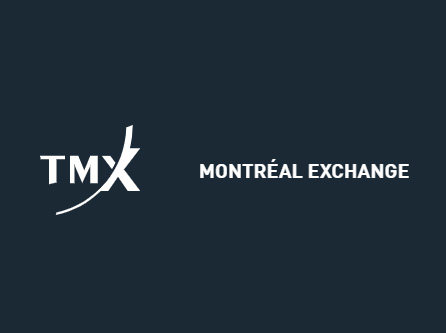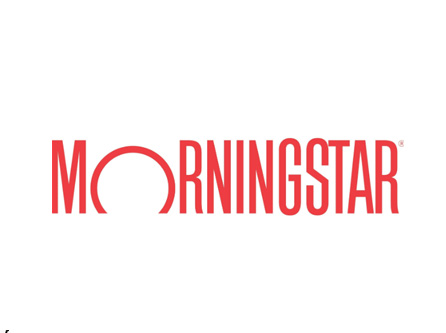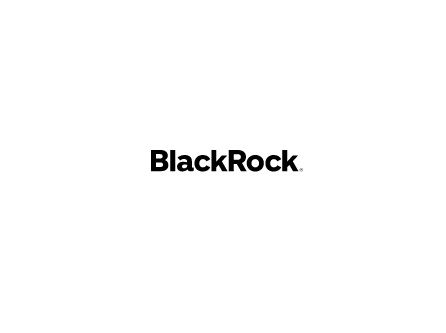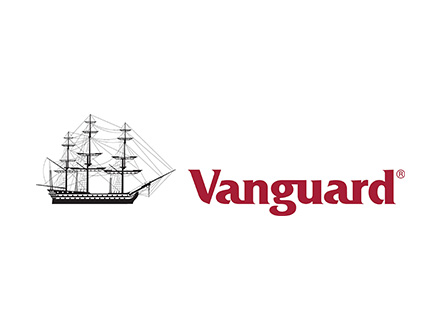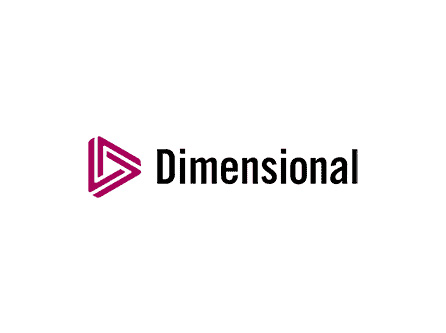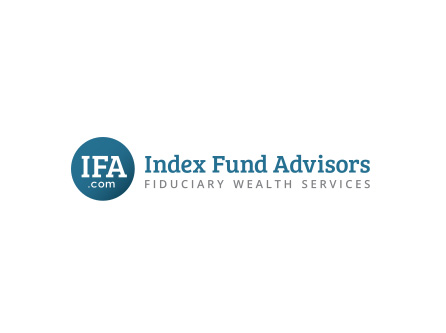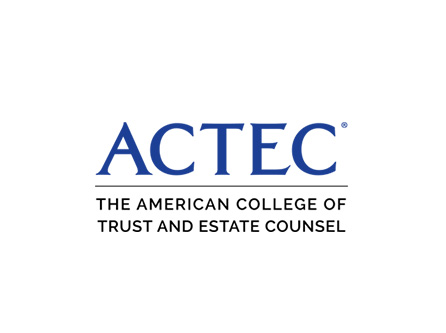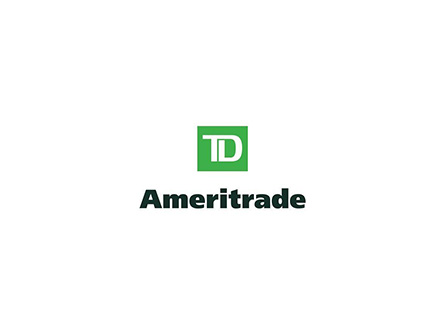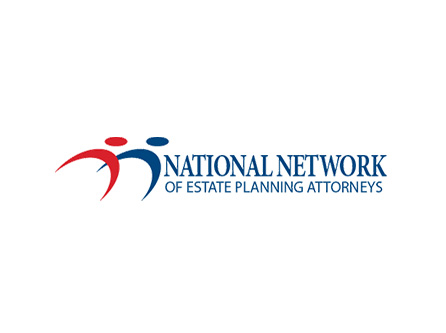 One of the common mistakes we see when people move across the Canada/US border is the use of two accountants. Typically, when a client moves from one country to the other, they retain the accountant that served them all those years in their home country. Once they move, they simply find another accountant locally to prepare their returns in their new country. Unfortunately, this isn’t in your best interest as we have amended many US returns, or adjusted many Canadian returns for refunds generally because the returns aren’t prepared in a coordinated fashion. What we mean by this is the client goes to their old accountant and gets that return done and then takes those same tax slips (or the home country return) to the new accountant and gets that return done and then sits back content that another tax year is now over. However, it’s a false sense of security and generally the client doesn’t even know they have compliance issues with the tax authorities or overpaid taxes they never owed.
One of the common mistakes we see when people move across the Canada/US border is the use of two accountants. Typically, when a client moves from one country to the other, they retain the accountant that served them all those years in their home country. Once they move, they simply find another accountant locally to prepare their returns in their new country. Unfortunately, this isn’t in your best interest as we have amended many US returns, or adjusted many Canadian returns for refunds generally because the returns aren’t prepared in a coordinated fashion. What we mean by this is the client goes to their old accountant and gets that return done and then takes those same tax slips (or the home country return) to the new accountant and gets that return done and then sits back content that another tax year is now over. However, it’s a false sense of security and generally the client doesn’t even know they have compliance issues with the tax authorities or overpaid taxes they never owed.
As much as we appreciate the long term relationship you have with your accountant, they are generally not a fit when you cross the border. For one thing, most “domestic” accountants are experts in the tax laws of their home country, but they lack the understanding of the international tax aspects of the Internal Revenue Code or the Canadian Income Tax Act. Many accountants are unfamiliar with the myriad of disclosure forms both Canada and the US require when assets span both borders. For example, Canadian forms like T2209 C, 2036, T1135 are often missed, foreign tax credits aren’t taken correctly or income isn’t resourced back to Canada. In the US, forms like Dept. of Treasury FinCEN 114, IRS 8621, 8938, 5471 and 1116 or the 6013 g/h elections are just a few that many CPAs are unaware of, never mind resourcing income back to Canada and taking a foreign tax credit in the US. Even if they do know how to fill out those forms, most domestic CPAs apply a “domestic process” to tax preparation and aren’t even aware of assets or income in another country because they don’t ask! Clients often don’t tell them either because they think Canadian income gets taxed by CRA and US income gets taxed in the IRS which is not true . . . both countries require you to declare your worldwide income on both returns and therein lies the problem.
Another major knowledge gap we have seen is most accountants don’t understanding how to apply the Canada/US Tax Treaty [The Treaty] to mitigate your taxes in both countries because they simply do not know about it. The Treaty exempts certain income from taxation, provides eligibility for offsetting foreign tax credits and helps clarify what income is taxed in what country . . . this is usually way beyond the practice standards of most domestic accountants. Finally, your new accountant in your new country may be provided with your home country tax return and slips but they don’t understand the taxation of different types of income, how to apply it to the new country’s tax return, etc. It is akin to having the return prepared and then throwing it over a wall into the new accountant’s cubicle . . . there is simply no coordination or application of The Treaty to fully optimize your tax situation between both countries.
In our opinion, an expert Canada/US tax accountant is your best choice when dealing with Canada/US tax preparation. We caution you to be careful because there is a myriad of people calling themselves Canada/US tax accountants but have little experience. Ask how long they have been practicing in this specialty, how many clients, typical client and that kind of thing before you jump. Otherwise, call our firm and we can provide you to a competent referral.

